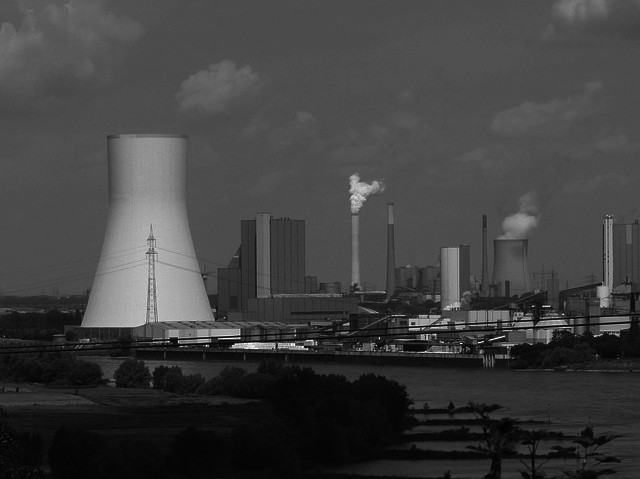Getting to Know the Industrial Revolution
The industrial revolution is the bedrock of our economy. We live in a technologically and industrially advanced 21st century. These advancements would have been completely impossible if not for the industrial revolution which happened from the 18th to 19th centuries. Industrialization is the process by which the economy has replaced the old, uncivilized methods with the new technologically advanced machinery and equipment.

This revolution has resulted in the remarkable growth in the productivity and also the higher standards of living. Before this period, the goods were produced in homes and in small quantities. The production also consumed a lot of time and effort. The invention of the different technologies in the various sectors of the 18th century made the manufacturing process easier. There is a wide range of sectors in the economy that have benefitted with the industrial revolution.
Textile Industry: Before the 18th century, the fabrics were hand woven at homes and shops and it also was a laborious process. Industrial revolution resulted in the invention of textile machinery which marked a rapid growth in the productivity of the industry. More goods were produced at a considerably less amount of time.
Iron and Steel Industry: The most remarkable progress in the iron industry happened in the early 18th century when Englishman Abraham Darby discovered coke-fueled furnace to produce cast iron. This was cheaper and easier compared to the charcoal-fired ones. The 18th century also marked the implementation of the relatively inexpensive process for the mass-production of steel.
This has led to the use of steel and iron as the essential materials required to manufacture the various appliances, buildings, ships, tools and other equipment.
Transportation Industry: One of the most significant changes happened in the transportation industry. Before the advent of the industrial revolution, horse-driven wagons and boats were used for the transportation of people and goods. The first steamboat was introduced by American Robert Fulton in the 1800s and steamships came into existence in the mid 19th century.
It was also in the 18th century that the first railway steam locomotive was introduced by the British engineer, Richard Trevithick. The road transportation also saw a significant growth in this era. Macadam road was constructed in the year 1820 by a Scottish engineer, John McAdam and this made the transportation process smoother and less muddy.
Banking Industry: The stock markets, which form the basic foundation of our economic growth was also established in this period. The first stock exchange came into existence in London in the year 1770. This has led to the rise of many banks and industrial financiers.
Communication Industry: We all know that telegraph was the first effective means of communication discovered. In the 18th century, the electric telegraph was introduced by two Brits, William Cooke, and Charles Wheatstone and in the year 1866, a telegraph cable was effectively laid across the Atlantic. Communication thus became an easy and smooth process with the help of the industrial revolution.
Though the industrialization was initially concentrated in and around Britain, by the mid 19th century, it spread to the other European countries like France, Belgium, and Germany. The U.S became the world’s leading industrial nation in the 20th century. Not only in the business sector, but it has also helped in improving the quality of life of people. The various benefits gained by the society include:
- More educational opportunities
- Migration from rural to urban communities
- Formation of labor organizations to save the interests of the workers
- Better living conditions
The industrial revolution, though beneficial, is not completely flawless. There are also business sectors and people who suffered major losses with the industrialization. The sudden unemployment also resulted in the formation of a group of people, popularly known as Luddites, to revolt against the revolution. Some of the negative effects of industrialization were:
- Many of the hand-made goods lost their significance with the emergence of new machinery. They gradually vanished from the economy due to their lack of efficiency to compete with the high-quality equipment.
- Increased child labor
- Fewer job opportunities for unskilled labor
- Increased levels of different types of pollution in the environment
Also read: Importance of globalization
The industrial revolution, though, has almost an equal number of pros and cons, is indispensable. Our world would not have headed into the path of progress if the industrialization had not happened in the 18th century. The technological advancements without which we cannot even imagine to live today would have been a far-fetched dream if the industrial revolution had been impeded.